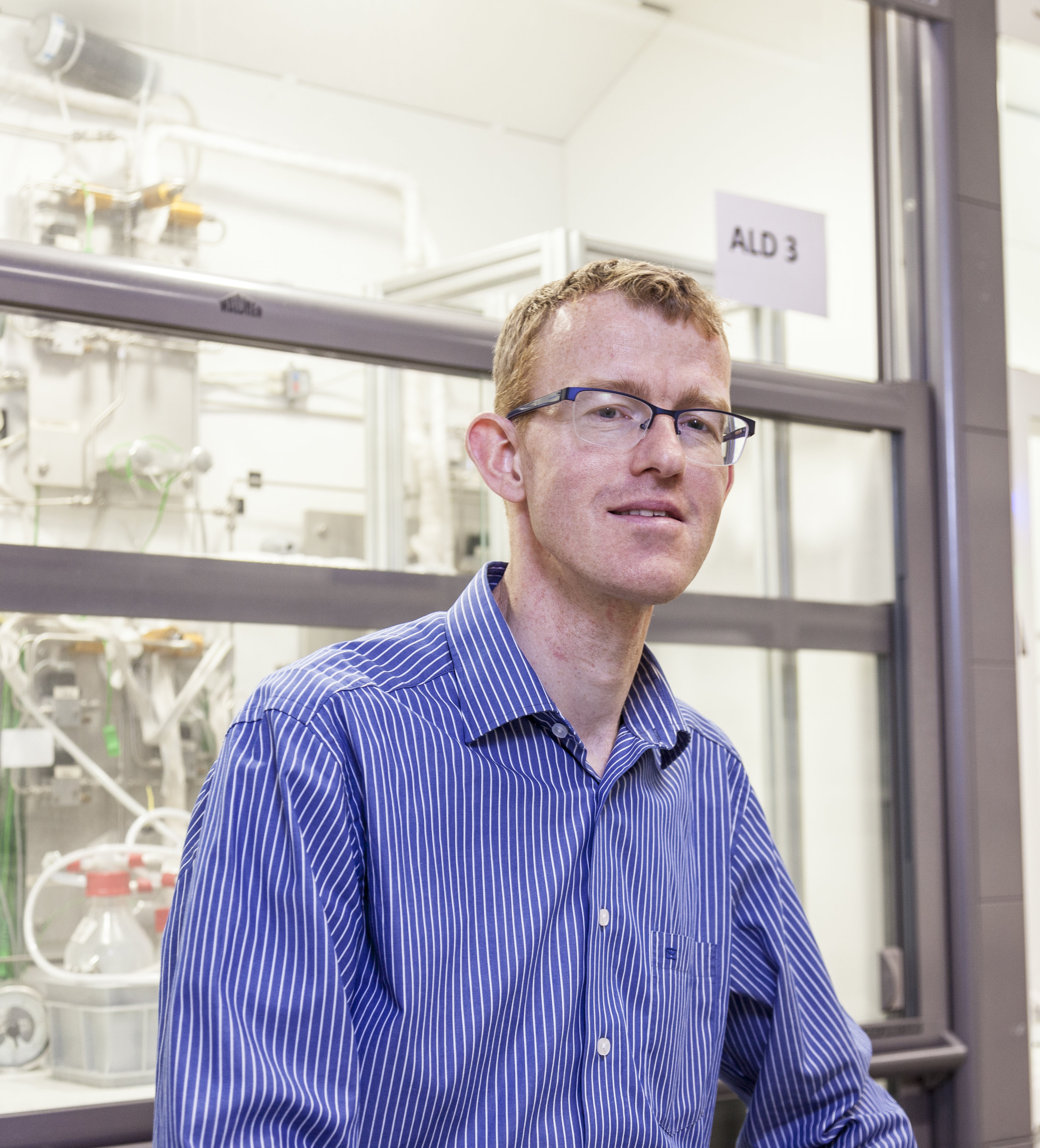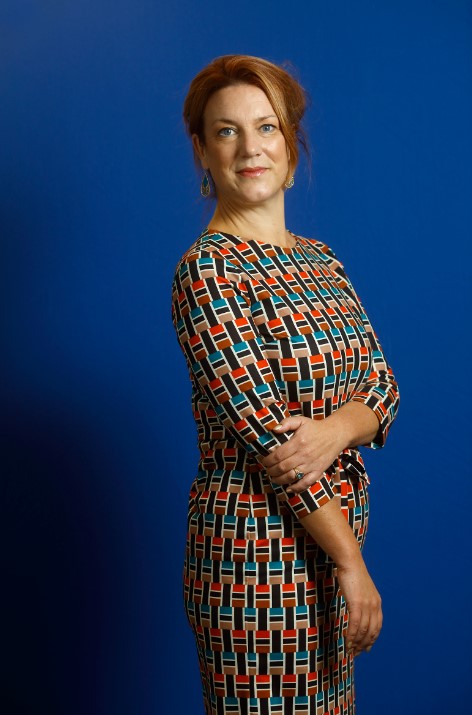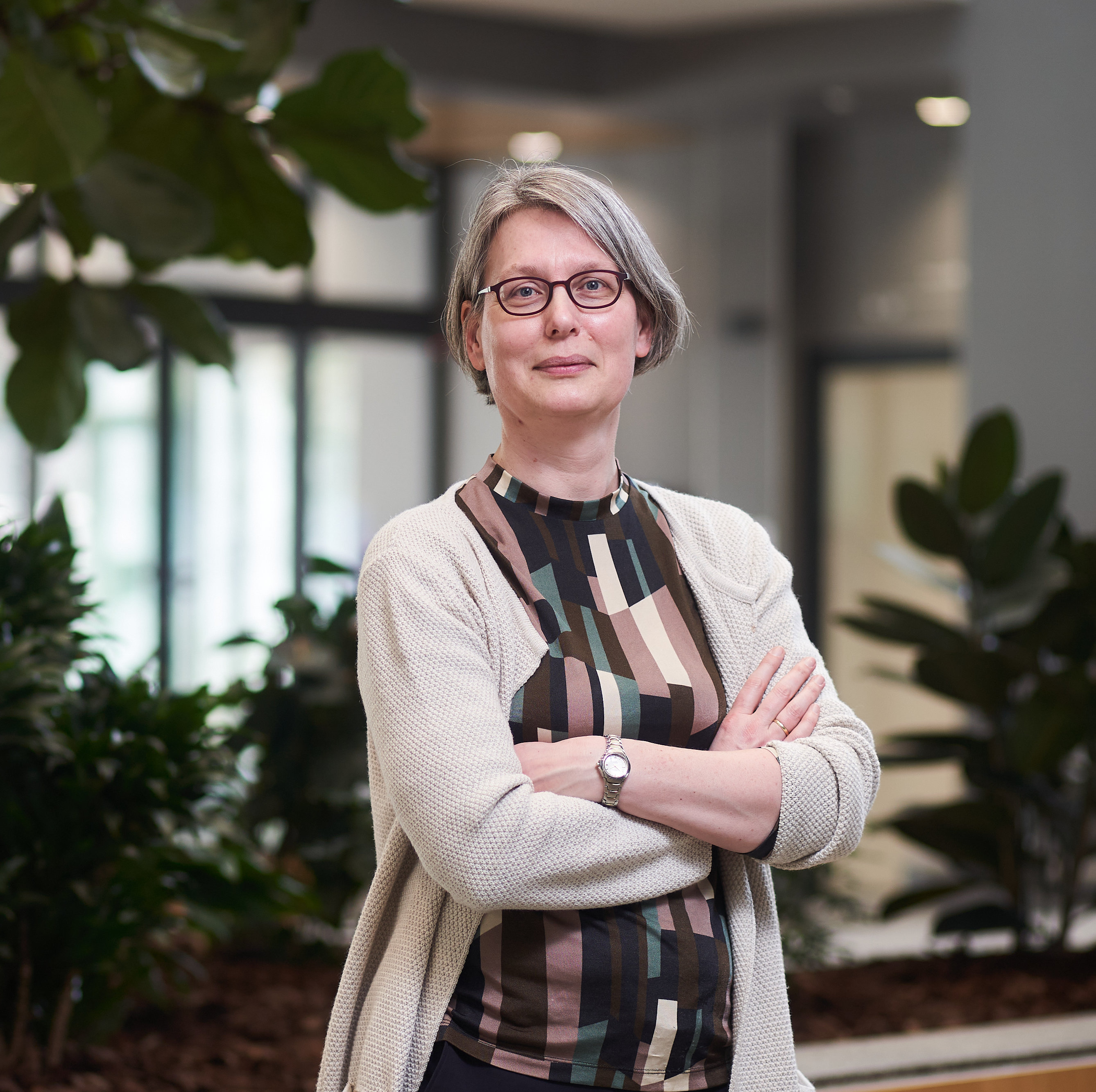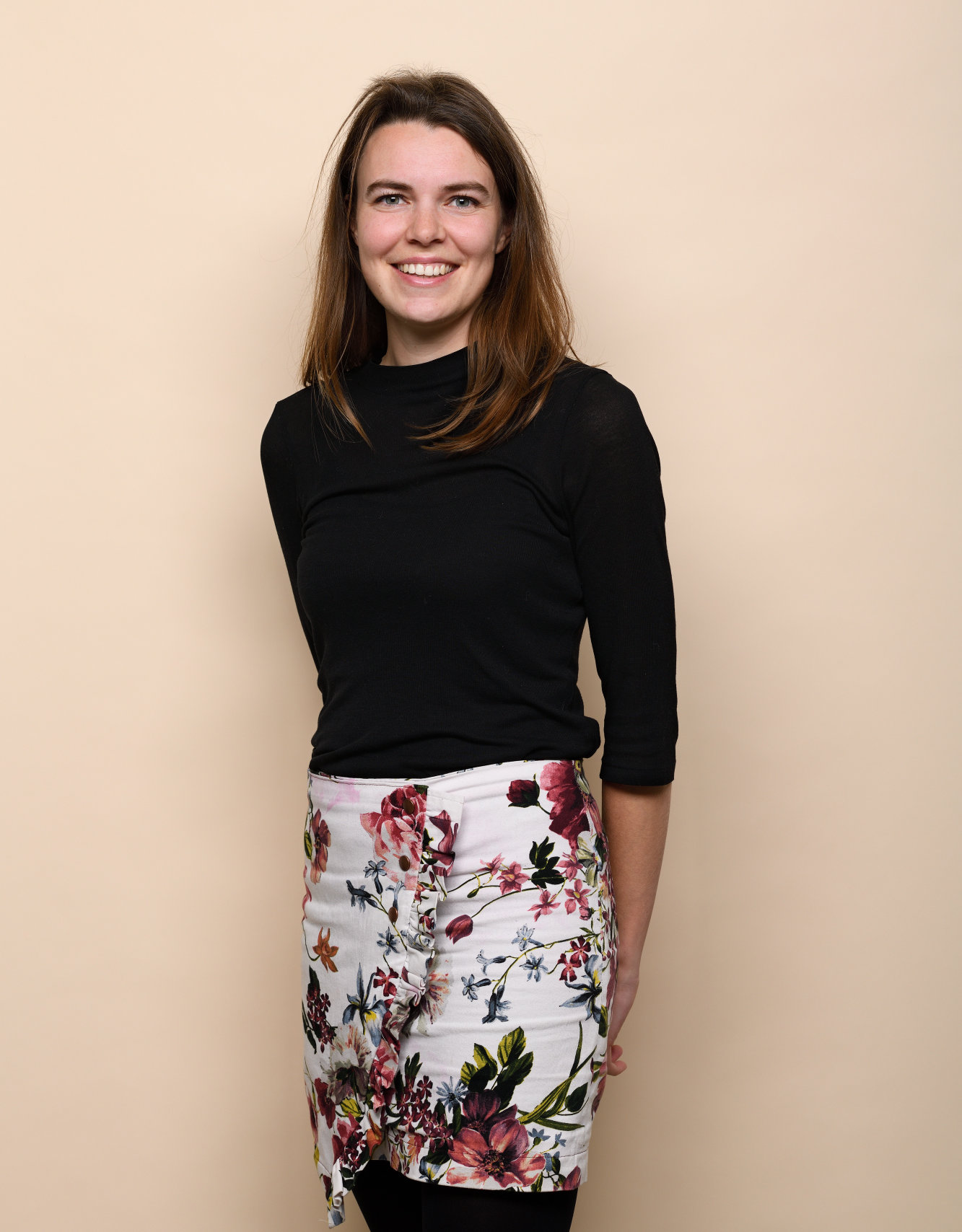Delft scientists present “green” series of children's lectures
We generate more and more electricity from solar panels and windmills, but what if there is no wind and the sun is not shining? Will you still be able to charge your phone? This is one of the many questions that will be addressed in a brand new series of lectures by the MuseumJeugdUniversiteit. For this "green" series – made especially for children between the ages of 8 and 12 – this long-term collaboration between MuseumJeugdUniversteit and Science Centre Delft travels to the TU Delft campus, which celebrates its 180th anniversary this year.
On the occasion of its 180th anniversary, the university is focusing on its active role in the energy transition. With good reason, of course. After all, the energy transition is an important factor in the fight against climate change. Gerdien de Vries is a climate psychologist who researches the hassle that people experience when they want to make their homes more sustainable. She is one of four people from TU Delft who will give a lecture entirely dedicated to sustainability. ‘It doesn't matter who you are or what concerns you: climate change will affect our lives and those of future generations. More extreme weather conditions will lead to food shortages, more deserts, warmer weather, and floods. The only way we can address this is by accelerating the energy transition.’
Climate change is a subject close to the hearts of many children and young people. In the new lecture series of the MuseumJeugdUniversiteit, which starts on Sunday 27 February, four scientists from TU Delft will discuss how their research contributes to speeding up the energy transition. First up is Ruud van Ommen, a professor who focuses on scalable methods for making nanomaterials. Below you find an overview of which scientist will lecture when.
Nanoparticles: super small, but super useful!
Ruud van Ommen, 27 February 2022, 12:00 hours
‘It is important for the energy transition that we can make fuels and building blocks (molecules) for chemical products in a sustainable way – that means without extra CO2 emissions. For this you need certain ingredients. To make hydrogen for instance – an example of a sustainable fuel – you need clean electricity and platinum. As platinum is in short supply, we must use it as sparingly as possible. This can be done by using it in the form of nanoparticles. In my lecture for the MuseumJeugdUniversiteit I will explain, among other things, what the difference is between an atom, a molecule and a nanoparticle. Understanding that we not only need hydrogen, for example, but also the materials to make that hydrogen (such as platinum nanoparticles) will help to speed up the energy transition.’
Don't think so hard, just go green!
Gerdien de Vries, 6 March 2022, 12:00 hours
‘Imagine you want to bake pancakes, but you don’t have milk in your fridge. What do you do? Do you go to the supermarket in the pouring rain, or do you use an app to get rapid delivery? The first option requires you to find your raincoat (which you don't like to wear anyway) from under a pile of clothes... and then you haven't even thought about where that lousy bicycle key is. Meanwhile, you can hear raindrops hitting the kitchen window harder and harder. Sigh, why go to the supermarket at all?
When making choices, we often tend to go for the easiest option. Rapid delivery is a good example – it fits into a fast-paced, hassle-free existence. But the easiest option is not always the most sustainable one! In my lecture for the MuseumJeugdUniversiteit, I hope to make children aware of this. But awareness alone is not enough. In the end, you also have to take real action to keep the planet liveable for everyone. Using knowledge from psychology, I explain why it is so difficult to be green. And why people love to be lazy. Finally, I give tips on how to make green behaviour easier and more attractive.’
Making fuel from the air!
Paulien Herder, 3 April 2022, 12:00 hours
'Climate change is happening because we are emitting too much carbon dioxide (CO2). This comes from fuels we burn in the engines of cars and planes. Large factories also use a lot of fuel and emit a lot of CO2. So we urgently need to find other fuels that don’t release CO2 into the air. In this lecture, scientist Paulien Herder explains how and with what technology you can make new fuels from air and wind energy. You will be crafting molecules, and thinking of ways to improve that technology.'
Calculate the best moment to charge your phone
Marieke Kootte, 8 May 2022, 12:00 hours
‘Most people take it for granted that the lights go on at the flick of a switch, and that a washing machine starts at the press of a button. Actually, electricity is not so self-evident: because numerous calculations are hidden behind every action – every push of a button. We are also using more and more electricity these days. This is because more and more people have laptops, and appliances are increasingly electric. Take cars, for example. Ideally, we would like to generate electricity from sustainable energy sources, such as solar panels and wind turbines. But what if the wind doesn't blow and the sun doesn't shine? In this lecture I will show how we can ensure that we always have electricity and why mathematics is so important in this case.’
More information
The lectures are attended by eighty children. To make the lectures accessible to everyone, there is a live stream and the lectures are also published online.
URL livestream:
https://tudelft.zoom.us/j/95084189345?pwd=V2NkSkpSc2RET3hPOGVmUHhpVldHQT09#success
Meeting ID: 950 8418 9345 | Passcode: 819331
Would you like to know more about the green lecture of the MuseumJeugdUniversiteit and TU Delft? On this website, you could read what science and technology can mean for society.
For other questions, please contact:
- Dave Boomkens, TU Delft science information officer – D.J.Boomkens@tudelft.nl / 06 34081461
- Marcha de Haan, communications advisor and project leader Science Centre Delft –r.j.m.dehaan@tudelft.nl / 06 51704867




